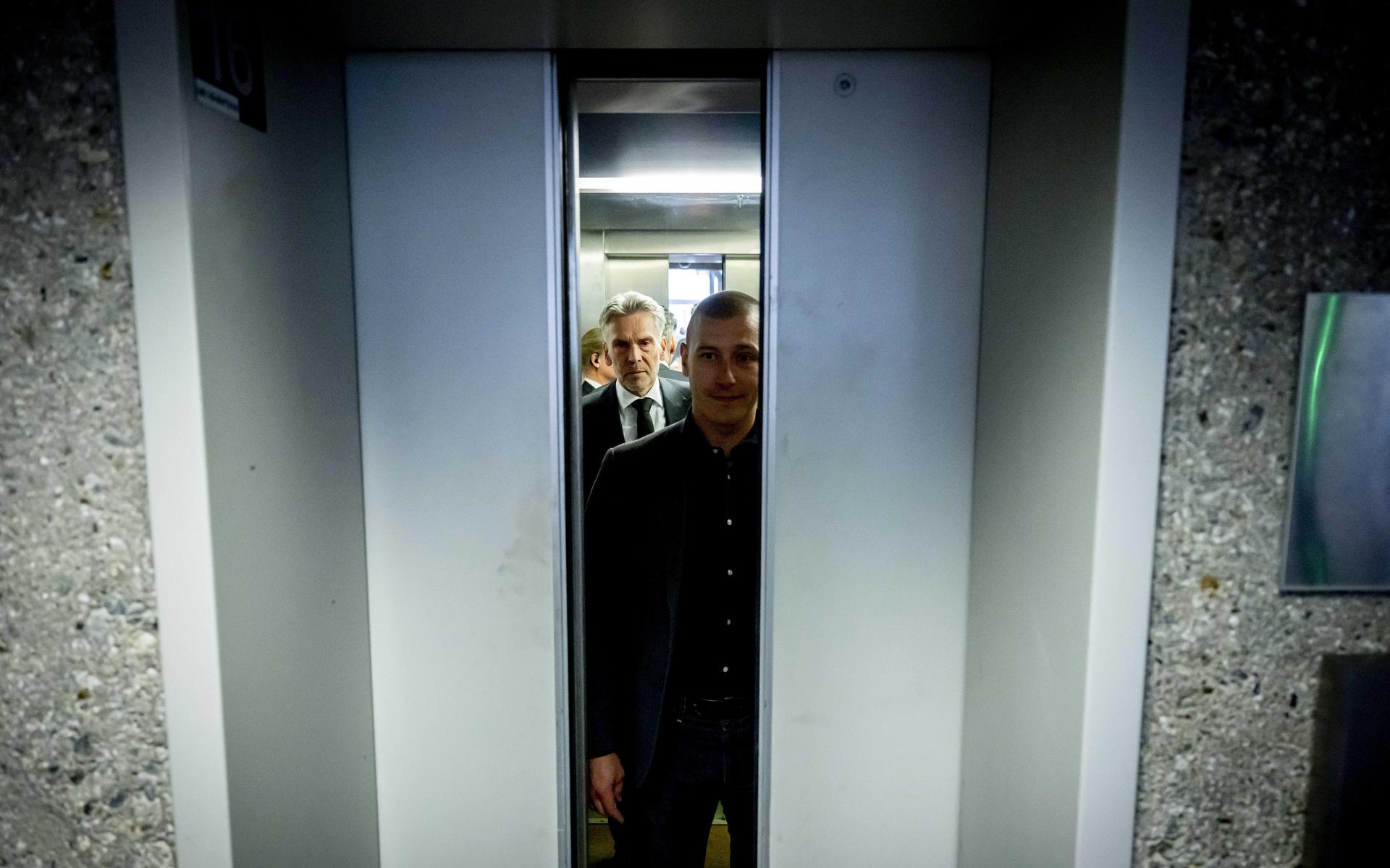
Dick Schoof’s most important task will be to hold this cabinet together. The crisis atmosphere on Friday does not bode well.
When Mark Rutte entered the Tower as the new Prime Minister in autumn 2010, he was received by the then Secretary General of the Ministry of General Affairs, Richard van Zwol, the current trainer. “Congratulations on his appointment as a member of the European Council,” Van Zwol reportedly said, before continuing: “Oh yes, now he is also president of the Council of Ministers.” This anecdote has been widely cited recently because it shows how he has changed the role of the Prime Minister since primus among pairs between Dutch ministers and heads of government on the international stage.
Rutte increasingly became a government leader experienced in international consultations, while Schoof will soon become a much more technical president. The new cabinet is not the joint team of qualified ministers, of which at least 50 percent are “from outside”: the proposal of the whistleblower Kim Putters with which the leader of the NSC, Pieter Omtzigt, sold his stake to the outside world in a PVV office.
Now that the list of candidates is official, we know that this has not worked. Schoof’s cabinet is full of party politicians. It has more (former) parliamentarians both in absolute and relative terms than Rutte IV’s cabinet. At the same time, there is no one with experience as a minister; this had not happened since the cabinet of De Meester (1905-1908).
Extra-parliamentary smoke screen
Extra-parliamentary means that the cabinet was formed without the participation of the House of Representatives. But after the four party leaders drafted the main agreement and the agreement was supported by all four factions, the high number of parliamentarians in this cabinet is another sign that there is little extra-parliamentary in this cabinet. Was Pieter Omtzigt fooled or were all those words about constitutional renewal smokescreens to hide the fact that he has really made common cause with Geert Wilders?
In 2017, three of the four faction leaders (the fourth, Mark Rutte, became Prime Minister) remained in the House to ensure a more dual working relationship between the House and the cabinet. The result, however, was that they had the cabinet on the ropes from the parliamentary seats. Now that faction leaders are once again sending members of their party to cabinet, this will be no different; Especially in the PVV, where no one dares to do anything that might anger the party leader, Wilders.
Firefighting
Schoof will have to constantly act as an arbiter between the four blocks to separate them. On Friday he had to calm the first crisis over the election of unsuitable (Markuszower) or conflictive (Faber) party members. With so much mutual distrust entrenched, this will not be the last internal dispute. Schoof will not lead a united cabinet, but rather he will have to put out fires again and again as a firefighter. The question remains whether there is still time to arrive at a unified policy and vision.






